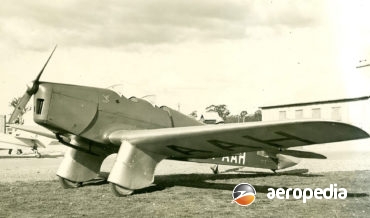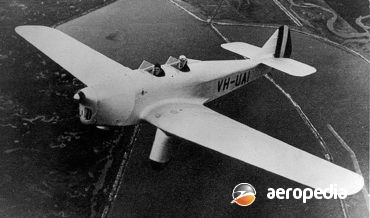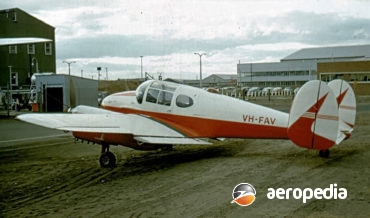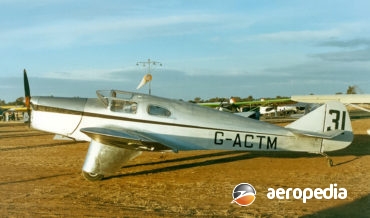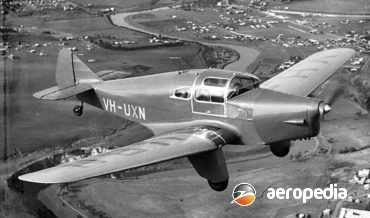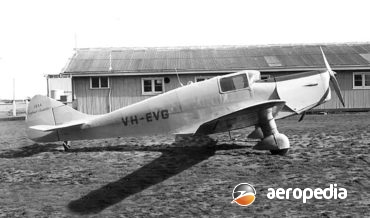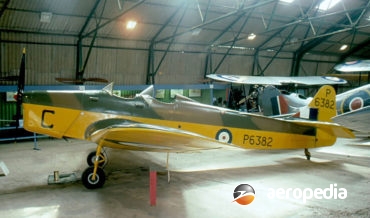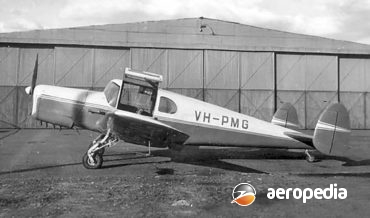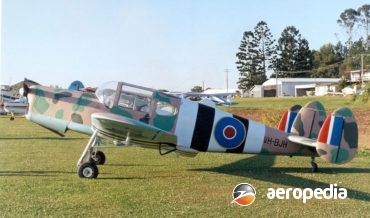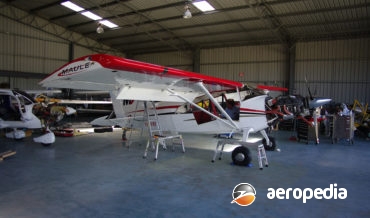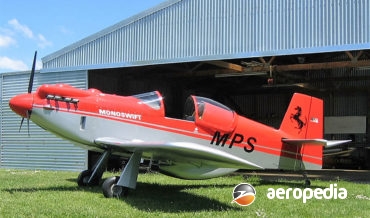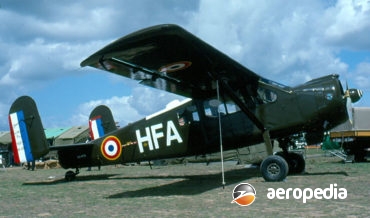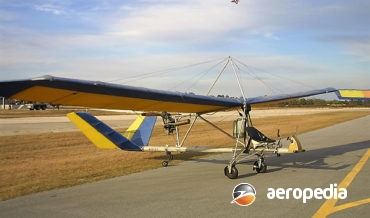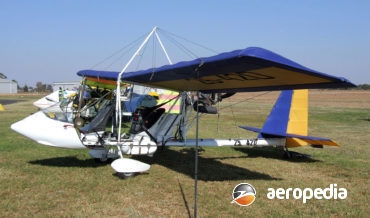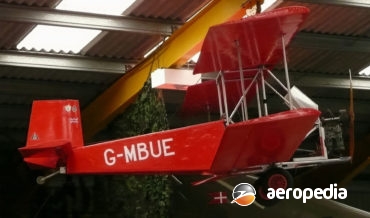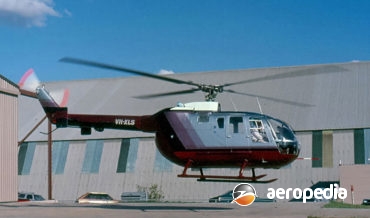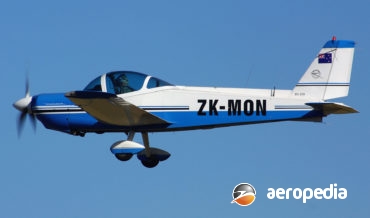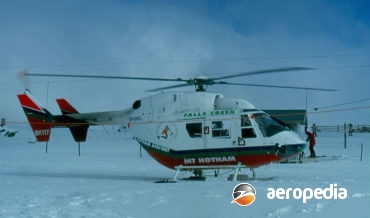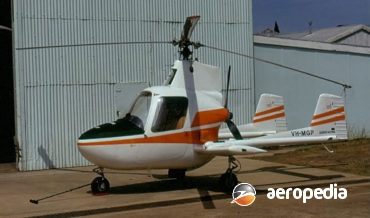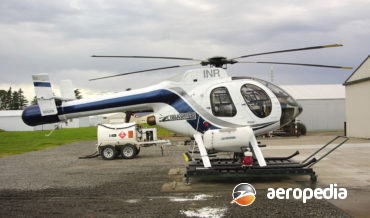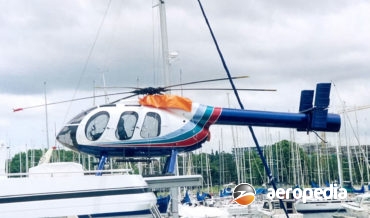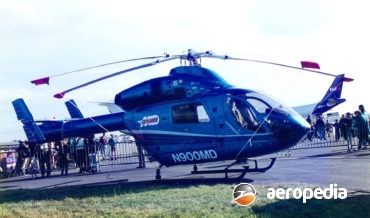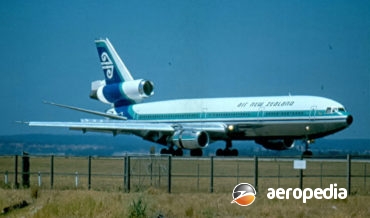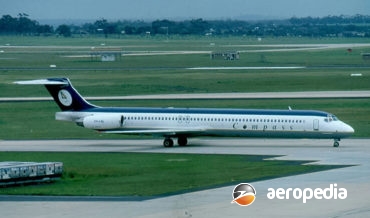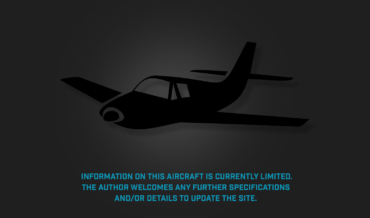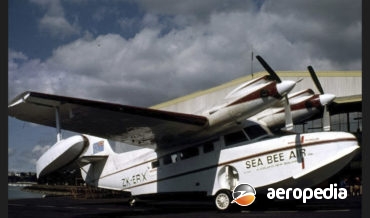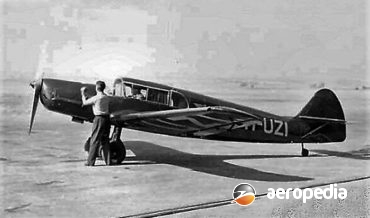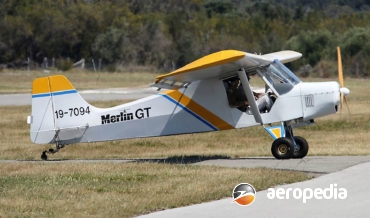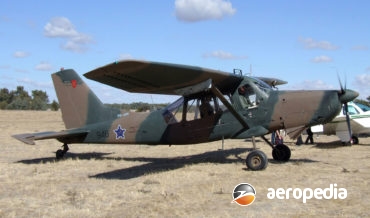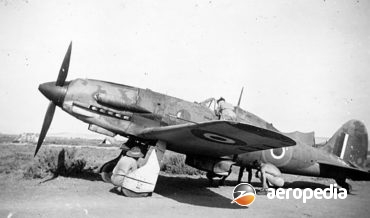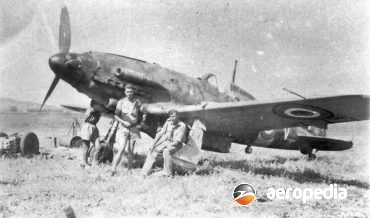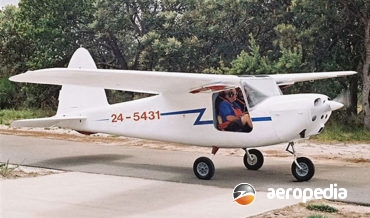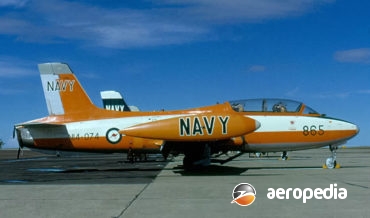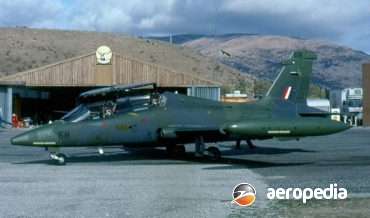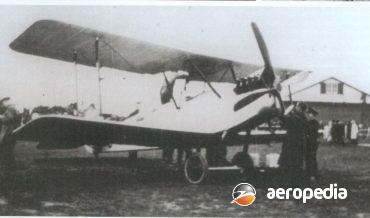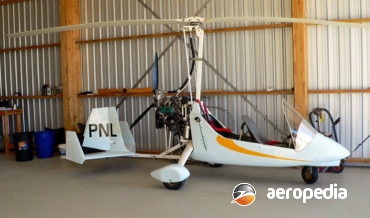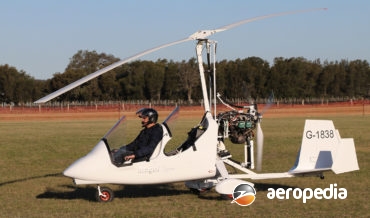David C. Eyre
During World War II George Miles designed a light transport for military use, seeing a need for a light transport that could operate into short unprepared strips, particularly in theatres of war such as in Burma.
David C. Eyre
- May 8, 2019
Following the success of the Miles Hawk series, and due to the limited availability of the Cirrus III engine, Miles decided to redesign the Hawk as the Hawk Major with a Gipsy Major engine, this unit being readily available.
David C. Eyre
- May 8, 2019
The M.2 Hawk was a two-seat, low-wing, cantilever monoplane designed by F G Miles in 1933 and which, like most Miles aircraft, was built in some numbers by Phillips & Powis Ltd in Berkshire.
David C. Eyre
- May 8, 2019
The Aries was a venture by F G Miles Ltd to improve the Gemini four-seat private aircraft and the prototype first flew in February 1951, being shown at RAF Hendon in July 1951 and later became G-AMDJ (c/n 1002), receiving its Certificate of Airworthiness on 13 June 1952.
David C. Eyre
- May 8, 2019
The Falcon, a development of the M-2F and M-2H Hawk Major, which in turn were developed from the M-2 Hawk, was built to accommodate three persons in an enclosed cabin.
David C. Eyre
- May 8, 2019
The Miles M.4A Merlin was an enlarged development of the Miles M.3 Falcon series designed to accommodate a pilot and four passengers.
David C. Eyre
- May 8, 2019
The M-11 series of light monoplanes was designed by F G Miles to meet a requirement formulated by Mr Whitney Straight, who operated a series of flying clubs in the southern United Kingdom.
David C. Eyre
- May 8, 2019
In 1935 Miles produced an improved version of the Miles Hawk Major for aero club use in the United Kingdom and this aircraft, fitted with dual controls, full blind-flying equipment, vacuum-operated flaps, and a Gipsy Major engine, became known as the M-2W Hawk Trainer.
David C. Eyre
- May 8, 2019
The Miles M.28 Mercury was a three/four-seat light touring monoplane of similar configuration to the later M.38 Messenger and, although only a small number were built, no two aircraft were the same and all had different designations.
David C. Eyre
- May 8, 2019
Developed during World War II as a liaison aircraft for the RAF, the prototype of the Miles M-38 Messenger series (U-0223) was flown for the first time on 12 September 1942 at Woodley, UK.
David C. Eyre
- May 8, 2019
The M-9 series was introduced to the Maule range of aircraft in 2003 and was offered with four engine options, one of which is the SMA SR-305 diesel engine providing 172-kw (230-hp), this model, known as the M-9-230 being first shown at the EAA event at Oshkosh in 2007.
David C. Eyre
- May 8, 2019
The Monoswift is a single-seat high-performance sporting monoplane designed to resemble in many ways a scaled down P-51 Mustang. It was designed and built in New Zealand by Maurice Paton.
David C. Eyre
- May 8, 2019
The MH.1521 Broussard is a light utility transport seating six designed and built by Avions Max Holste at Rheims, the prototype being flown for the first time on 17 November 1952.
David C. Eyre
- May 8, 2019
The first commercial ultralight aircraft was the Scout designed by Ron Wheeler in Sydney and tested in 1972 and at that time put into series production.
David C. Eyre
- May 8, 2019
The Drifter is a single or two-seat light open cockpit aircraft usually registered under AUF / RAA rules and produced in a number of variants with a variety of engines.
David C. Eyre
- May 8, 2019
With the growth of the ultralight movement in the 1980s a number of people around the world commenced to design and build various forms of ultralight aircraft but many suffered from the lack of a suitable engine.
David C. Eyre
- May 8, 2019
The BO-105 was one of the first light, twin-engine turbine helicopters built, using an advanced rotor developed with the assistance of Aerospatiale, with fibreglass blades attached to a flexible hub of forged titanium.
David C. Eyre
- May 8, 2019
The Monsun was a two-seat light monoplane built in Germany in the 1960s and produced in some numbers with the Lycoming O-320 engine.
David C. Eyre
- May 8, 2019
The BK-117 helicopter was the result of a plan by Messerschmitt-Bolkow-Blohm and Kawasaki to jointly develop an eight to twelve seat multi-purpose helicopter.
David C. Eyre
- May 8, 2019
The Bush Cocky is a single-engine single-seat light sporting aircraft designed by John McCarron in Queensland and is a development of the Winton Cricket and Jackaroo series for the ultra-light aircraft market.
David C. Eyre
- May 8, 2019
The McCulloch J-2 was a two-seat, side-by-side, light autogyro, the prototype of which was flown for the first time in June 1962.
David C. Eyre
- May 8, 2019
In January 1988 McDonnell Douglas Helicopter Company announced its intention to develop a version of the MD-500 series using its NOTAR (No tail-rotor) anti-torque system, with the first aircraft to fly in May 1989.
David C. Eyre
- May 8, 2019
A derivative of the MD-520N, the MD-600N prototype was unveiled at the Helicopter Expo in Las Vegas in January 1995, the concept having been announced in November 1994
David C. Eyre
- May 8, 2019
The MD900 Explorer was formally launched by McDonnell Douglas Helicopters as the MDX in January 1989.
David C. Eyre
- May 8, 2019
The Douglas DC-10 series, or McDonnell Douglas DC-10 as it became known following the amalgamation of McDonnell with the Douglas Aircraft Company, was designed to meet a requirement of the US domestic airlines in 1966 for a large capacity medium-range aircraft.
David C. Eyre
- May 8, 2019
The McDonnell Douglas MD-80 series, or Douglas DC-9 Super 80 Series as it was originally known, was the outcome of a continuous process of evolution and development from the basic and very successful DC-9 series, being basically a stretch of the DC-9 with new engines and designed to be more
David C. Eyre
- May 8, 2019
Mr Alan William McFarlane of Coburg, VIC in 1936 purchased an incomplete Heath Parasol light aircraft, work on which had been carried out by a Mr James Keen.
David C. Eyre
- May 8, 2019
The history of the Grumman Goose is dealt with elsewhere and need not be dealt with in any detail here.
David C. Eyre
- May 8, 2019
The Mynah was an ultra-light designed by Wallace McNair and built in Auckland, New Zealand in the mid 1980s and its construction was along the lines of the Lincoln Sport.
David C. Eyre
- May 8, 2019
The Messerschmitt Bf-108 Taifun (Typhoon) was designed by Professor Willi Messerschmitt and built by the Bayerische Flugzeugwerke in Regensburg in 1934 for the Challenge de Tourism Internationale Race to be held in Warsaw in Poland.
David C. Eyre
- May 8, 2019
The Merlin was designed in 1986 by John Burch in Canada as a two-seat light aircraft for the amateur construction market.
David C. Eyre
- May 8, 2019
The AM-3 was a joint venture by Aerfer Industrie Aerpospaciali Meridionali SpA of Turin, and Aermacchi of Varese, to produce a three-seat light tactical support and observation aircraft
David C. Eyre
- May 8, 2019
The C.202 Folgore (Lightning) was first encountered by allied forces over Sicily in 1941 and was found to be the Regia Aeronautica’s (Italian Air Force) first fighter aircraft able to cope with allied fighter aircraft and was reported to retain the beautiful control co-ordination and superlative manoeuvrability which had characterised
David C. Eyre
- May 8, 2019
Photograph: Macchi C.205V MM9377 whilst with No 3 Squadron RAAF in North Africa (Author’s collection) Country of origin: Italy Description: Single-seat fighter and fighter bomber Power Plant: One 1,100 kw (1,475 hp) Fiat RA.1050 RC58 Tifone 12-cylinder VEE liquid-cooled engine Specifications: Wingspan: 10.58 m (34 ft 8½ in) Length: 8.85
David C. Eyre
- May 8, 2019
Manufactured by Aeronautica Macchi SA at Varese in Italy, the MB-308 was built in two basic variants, the two-seat 308 and the three-seat 308G.
David C. Eyre
- May 8, 2019
Preliminary design work on the MB-326 series began in 1954. Construction of a prototype also started during that year, and the first flight was made in December 1957.
David C. Eyre
- May 8, 2019
For some years the New Zealand Government considered a replacement for the ageing and fatigue prone Strikemasters with No 14 squadron at Ohakea and, after postponing selection a number of times, announced the purchase of either 16 or 18 MB-339Cs in early 1990 –the RNZAF eventually receiving 18 aircraft with
David C. Eyre
- May 8, 2019
On 28 June 1896 Mr Gotthilf [George] Mackenzie Jnr was born at Woorak VIC. He from a young age was interested in aviation and built model aircraft and in 1917 joined the Australian Flying Corps, commencing duties as a rigger at Point Cook.
David C. Eyre
- May 8, 2019
The M-16 series is one of a series of gyrocopters produced in Italy by Magni and is aimed at the training market for gyrocopters, the machine being longer and wider in the cockpit area, having a larger windscreen, an optional removable rear seat windscreen, a larger instrument panel, standard electric
David C. Eyre
- May 8, 2019
Photograph: Magni M-22 Voyager G-1838 at Cessnock, NSW in September 2018 (David C Eyre) Country of origin: Italy Description: Power Plant: (M-22): one 75 kw (100 hp) Rotax 912S four-cylinder horizontally-opposed liquid and air cooled engine. Specifications: Rotor diameter: 8.53 m (28 ft) Propeller diameter: 1,7 m (67 in) Overall
David C. Eyre
- May 8, 2019
Recent Comments
Archives
Categories
- No categories
Categories
- No categories
Latest Posts
Newsletter


